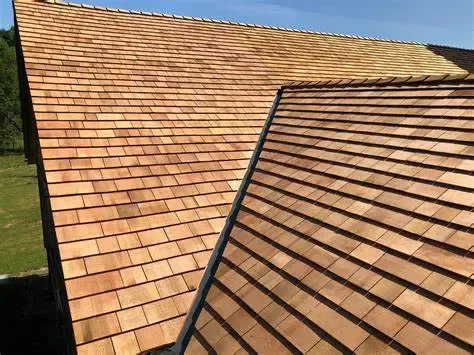The Importance of Storm-Proofing Your Roof
Severe weather events, such as thunderstorms, hurricanes, and tornadoes, can wreak havoc on your home. The roof, being the most exposed part of your home, takes the brunt of the damage. Making sure your roof is storm-resistant is essential for safeguarding your home and family. With the right roofing upgrades, you can greatly increase your roof's ability to withstand harsh weather conditions and extend its lifespan.
Must-Have Roofing Upgrades for Storm Resistance
-
1. Impact-Resistant Roofing Materials
A key method to storm-proof your roof is selecting impact-resistant materials. Materials like metal, slate, and specially engineered asphalt shingles are more resistant to high winds and flying debris compared to traditional shingles. These materials are specifically engineered to resist punctures and damage during severe weather conditions.
-
2. Reinforced Roof Decking
The decking underneath your roofing materials is just as important as the roof itself. Reinforcing your roof deck with durable materials ensures it can withstand powerful winds. Properly secured decking helps prevent your roof from being lifted off during a storm, a common cause of widespread damage.
-
3. Upgraded Flashing and Sealant
Flashing helps protect the vulnerable areas of your roof, such as around chimneys, vents, and valleys, from water infiltration. Upgrading to durable flashing and sealants prevents water leakage during heavy rainfall or storms. For greater durability, choose flashing made from copper or aluminum.
-
4. Wind-Resistant Roofing Installation
Correct installation is essential for making sure your roof can withstand wind forces. A roofing contractor should install your roof with the correct fasteners and techniques, ensuring it can withstand high winds. Hurricane clips and metal straps can be used to secure your roof, greatly enhancing its wind resistance.
-
5. Gutter and Downspout Maintenance
Gutters and downspouts help direct rainwater off your roof and away from your home. If gutters become clogged, water may back up, leading to leaks and roof damage. Regular maintenance of gutters and securing them properly to the roof can prevent storm-related damage.
-
6. Installing a Roof Maintenance System
Investing in a roof maintenance system that automatically checks for issues such as leaks, loose shingles, or flashing damage can help you catch problems before they escalate. Some systems offer weather alerts, letting homeowners know about severe conditions in advance so they can protect their roof.
Selecting a Roofing Contractor for Storm-Proofing
When considering storm-proofing upgrades, it’s essential to hire a trusted and experienced roofing contractor. Seek contractors who specialize in storm-resistant roofing and have experience with impact-resistant materials. Additionally, ensure that they are licensed, insured, and familiar with local building codes that may require specific storm-proofing standards.
Final Thoughts on Storm-Proofing Your Home
Storm-proofing your home starts with choosing the right roofing upgrades that will withstand the toughest weather conditions. By choosing quality materials and hiring a trusted contractor, you can protect your home from the dangers of severe storms. These upgrades protect your home and can save you money in the long run by preventing costly roof repairs.

Contact Weathercraft Roofing for Your Roof Storm-Proofing Needs
Is your home ready for storm-proofing? Weathercraft Roofing specializes in durable, storm-resistant roofing solutions. Contact us today for a consultation and let our expert roofing contractors help you upgrade your roof to withstand any storm.
Schedule Your Free Storm-Proofing Consultation